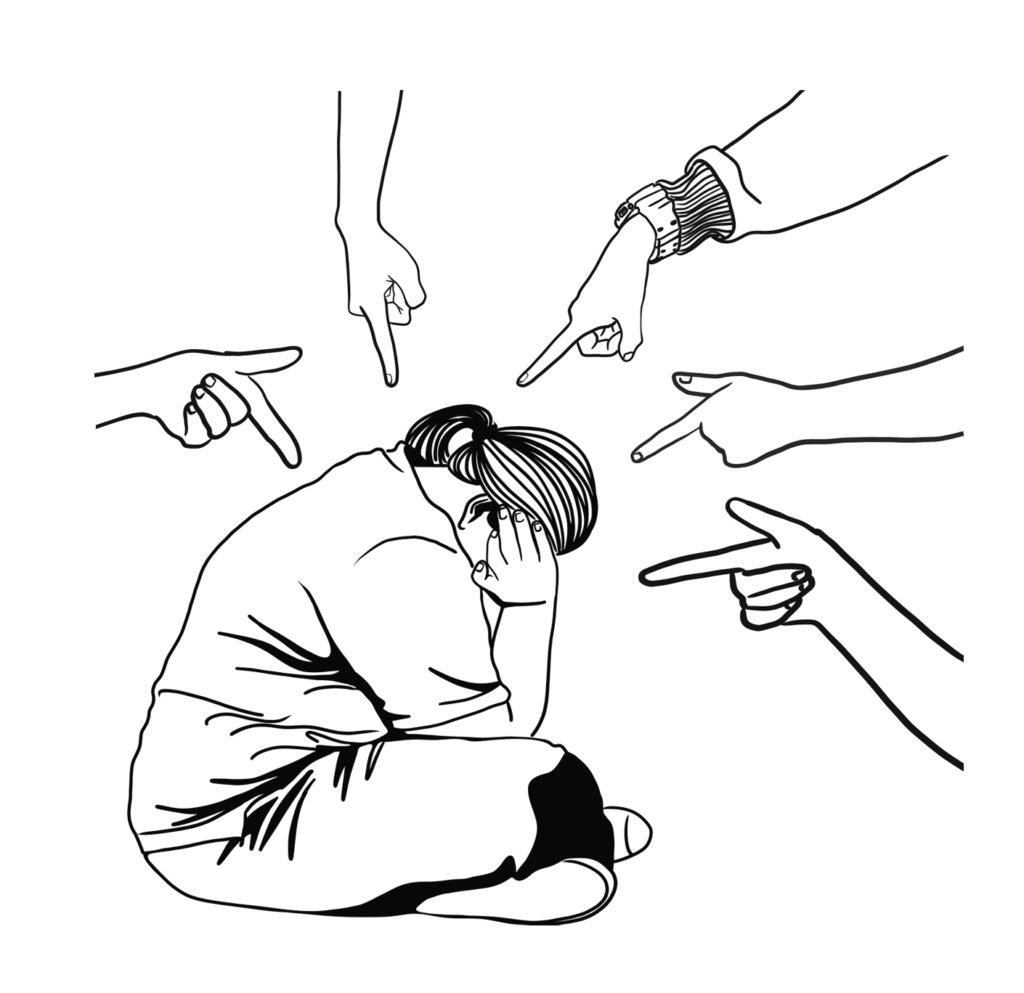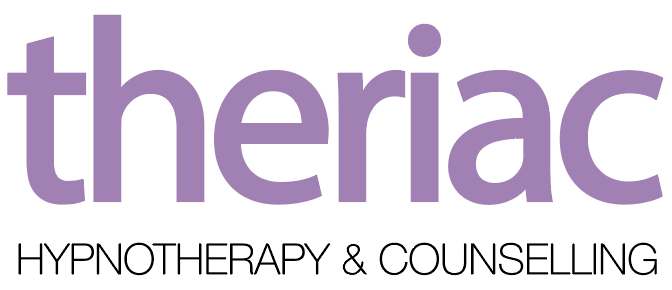Is there still a stigma around mental health?
The answer to the questions is still YES, however first what is the definition of stigma?
Stigma, as defined by the Cambridge Dictionary, is a strong feeling of disapproval that most people in a society have about something, especially when it is unfair.
A stigma tends to come from miseducation or misinformation.
It’s important that we educate as many people as possible to ensure this is reduced and mental health is talked about freely.
To be clear Mental Health is not a bad thing, we all have mental health as we all have physical health. So, the same as with physical health, we will be at different stages. You may be an athlete or be unable to run for the bus, but you have physical health. Mental health is the same and you travel along a continuum during your life and different triggers/traumas can cause you to move from flourishing to mental illness. Each person is different due to life circumstances, culture, upbringing, trauma and resilience levels.

What is the impact on people due to this?
There are many types of mental health-related stigma, but we’re going to look at the two main types:
self-stigma and public stigma
Self-stigma = a negative attitude towards their own mental health
This may result in the following
- Failure to access treatment
- Reduced self-efficacy
- Decreased quality of life.
Public stigma = Negative attitudes towards those with mental illnesses held by the general public, Often based on misconceptions, fear, and prejudice.
This may result in the following
- Discrimination in workplaces, public life, and private life
- Healthcare professionals sometimes holding negative attitudes toward their patients
- Mental healthcare professionals experience stigma because of their connection to stigmatized individuals
What can you do to change the narrative?
- Talk to a trusted friend or colleague
- Share your story
- Plan time for yourself and for relaxation
- Don’t live in silence
- Support each other and listen
Let’s take next giant leap forward in mental health, change the narrative, the stigma. Creating a story of resilience and strength around mental health. Let’s change the conversation to one of resilience and empowering each other to be our own mental health champions.







